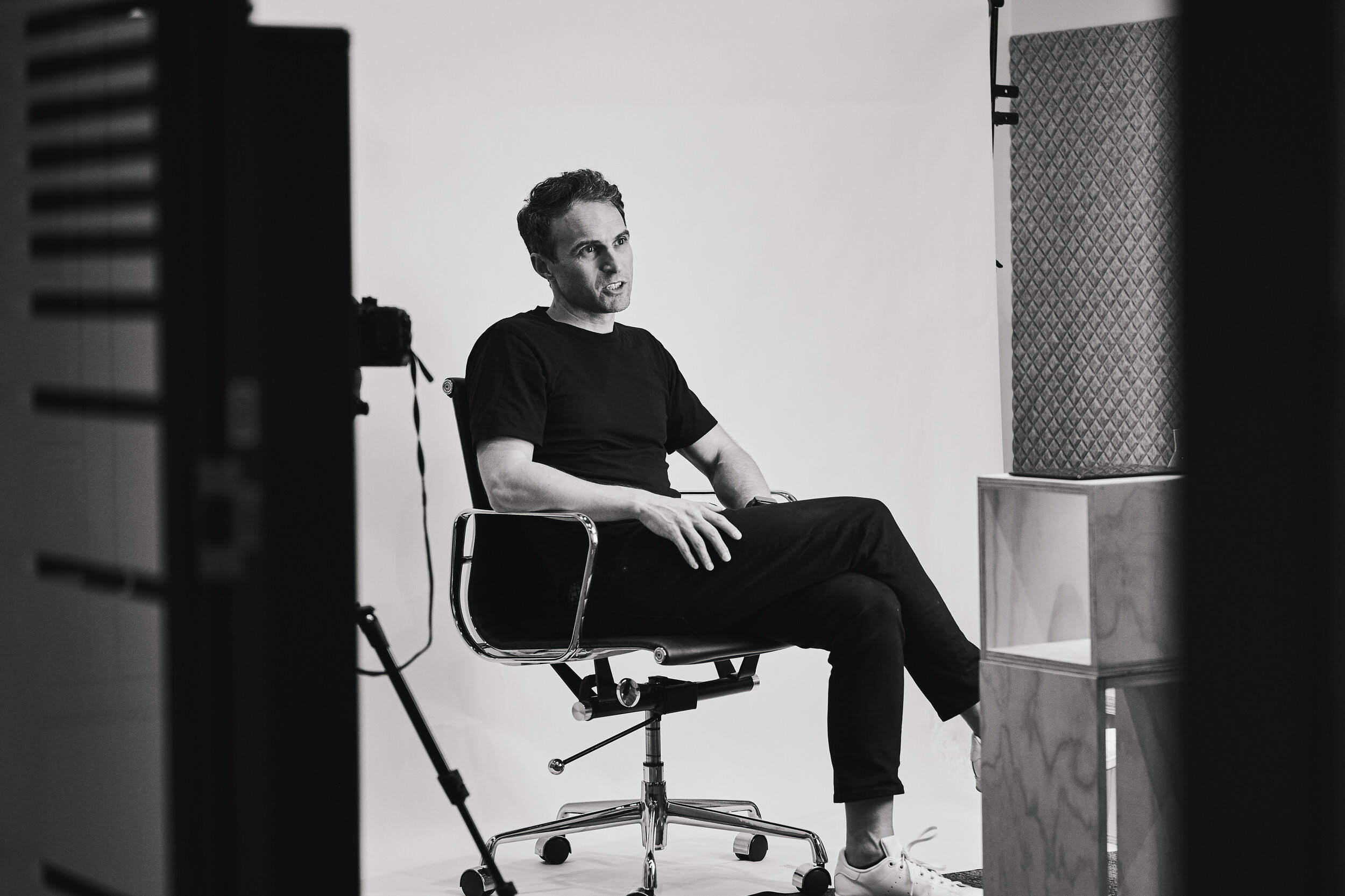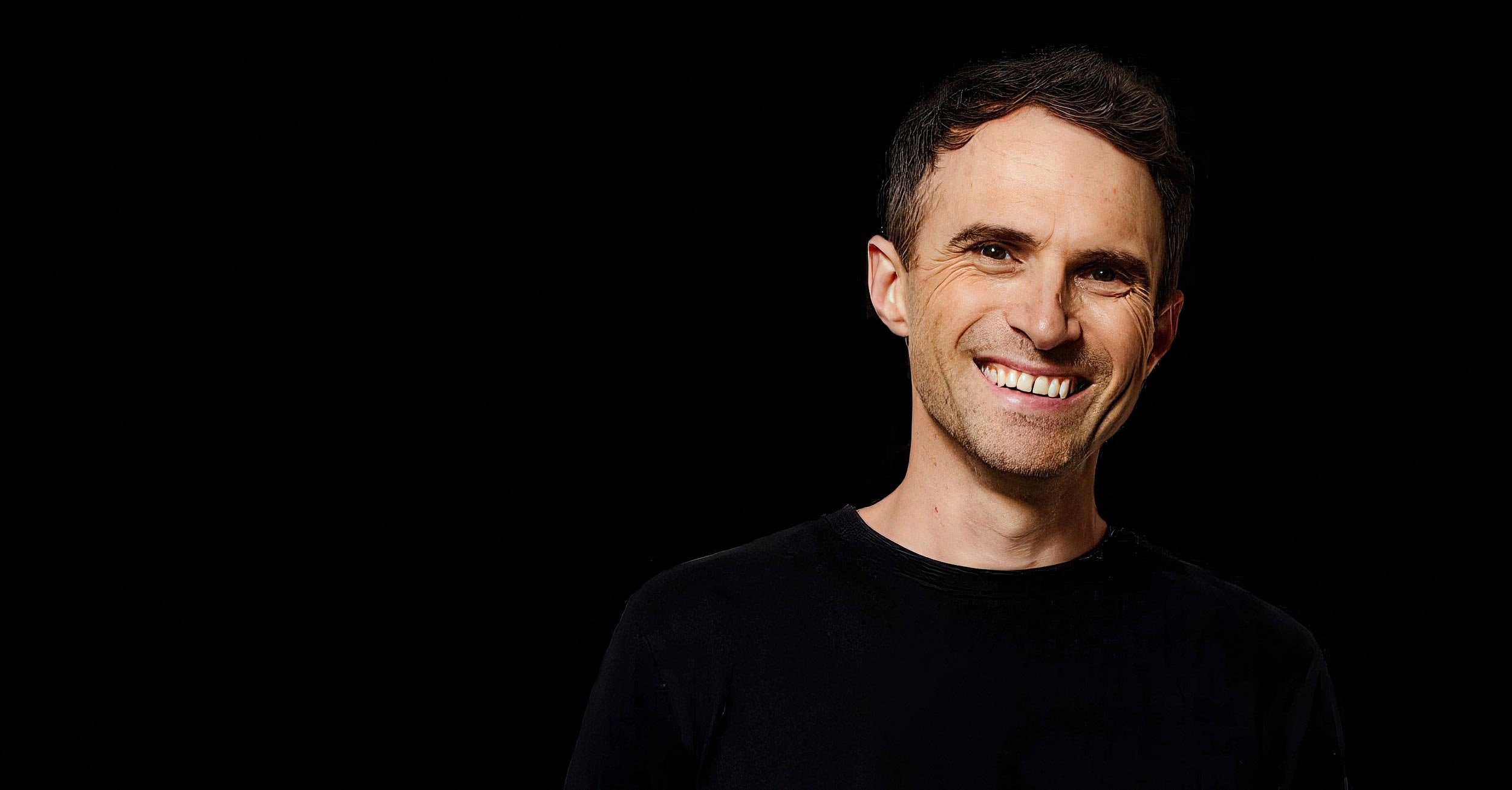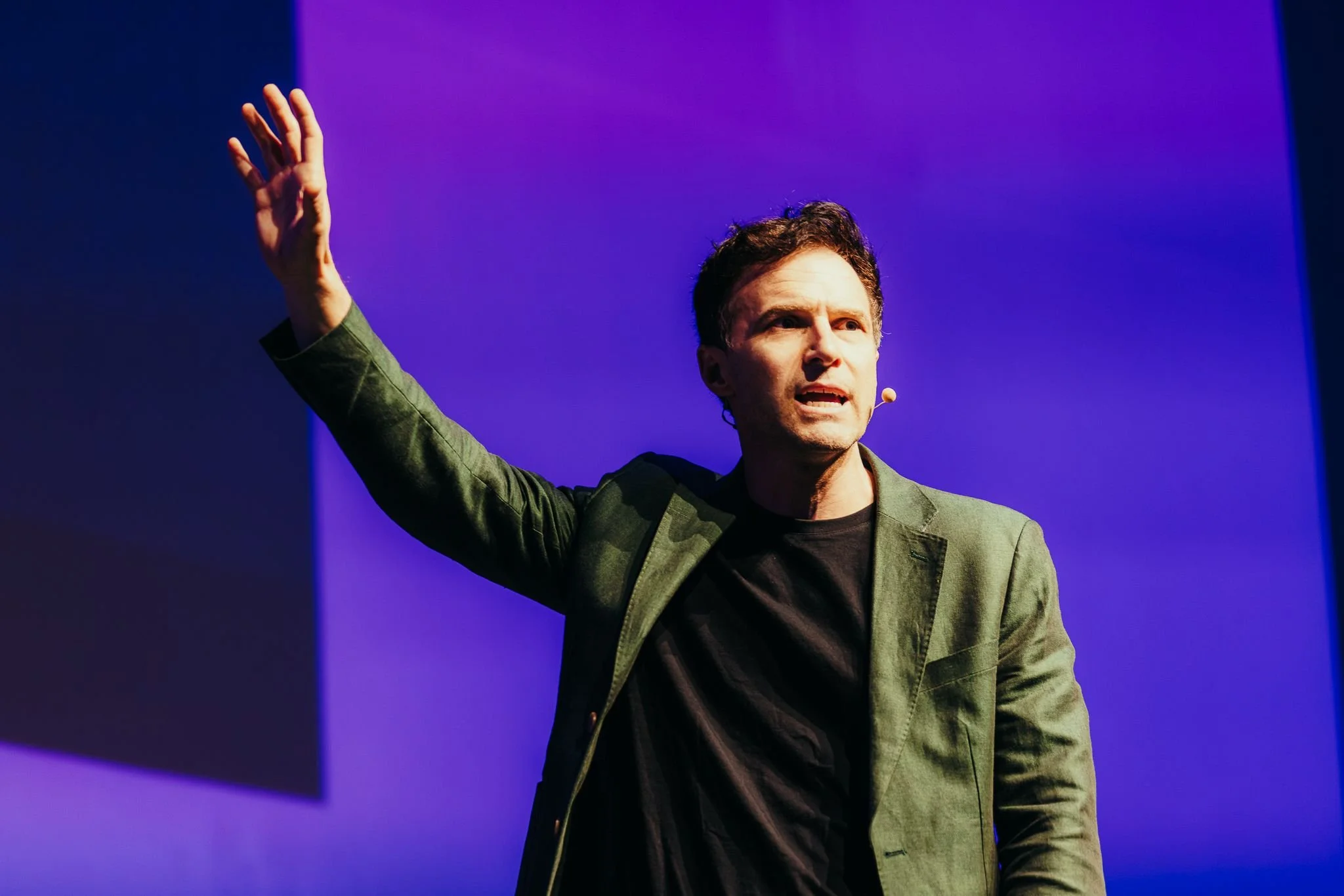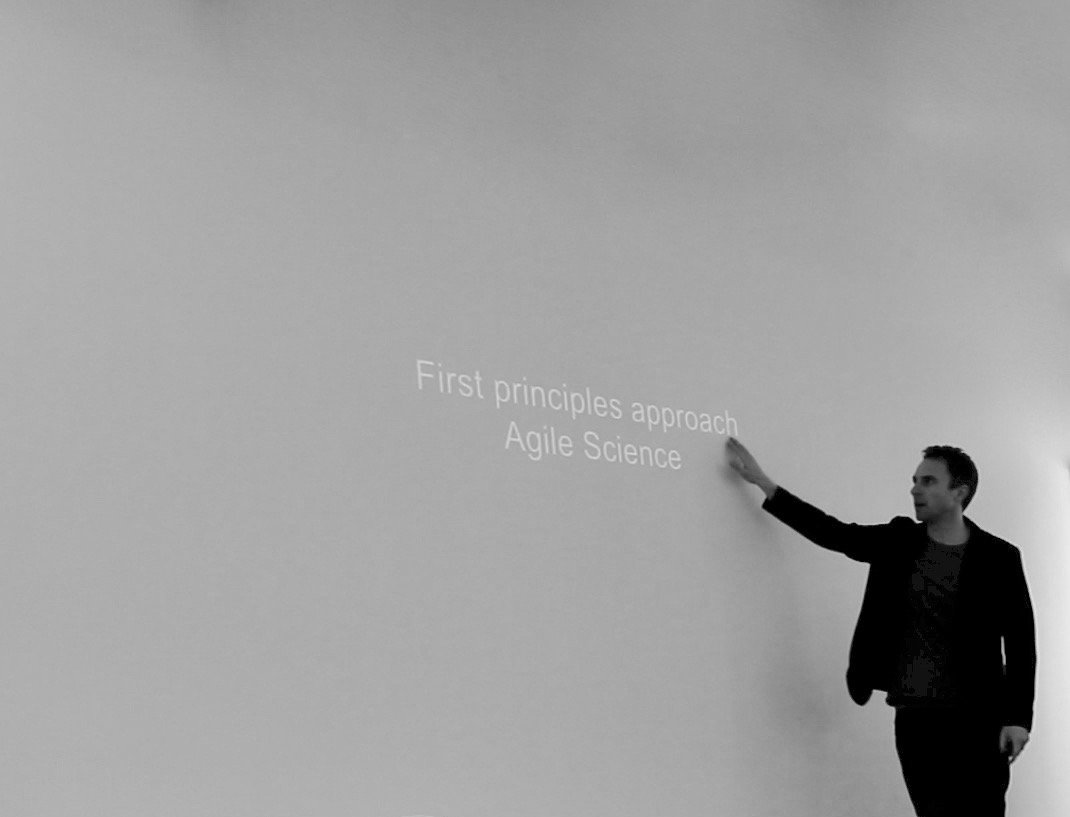
Professor Joel Pearson
The art and science of thriving in the age of Uncertainty.
Radical discovery: making the impossible possible.
Like most people, I’m excited by discovery. I’m a scientist, but unlike many scientists I’m interested in possibilities as much as proof. I’m of the opinion that questions can be more valuable than answers, and that imagination is a powerful catalyst for progress.

Keynote speaker
With a captivating blend of expertise and entertainment, Joel takes audiences on a wild ride through the innermost workings of the brain. His dynamic presentations are equal parts enlightening and exhilarating, shattering preconceived notions and igniting a newfound appreciation for the limitless potential of the human mind.
How to Thrive during AI disruption
AI will transform every aspect of our lives, and the urgency to prepare has never been greater. We have a cognitive bias to be blind to the exponential growth of technology, including AI, and this means that most of us won’t see the effects of the AI revolution coming until it’s too late.
INTUITION
Intuition is real, we can create it and measure it in the lab, and we now understand it with the neuroscience and psychology we already have. Crucially, however, it’s not black and white. Sometimes you can trust your intuition, but many times, in certain states and situations you should absolutely NOT trust your intuition.
Aphantasia
For most of us, when we think about how something looks, like an apple, I have a conscious experience of the apple. Aphantasia is the complete lack of this experience or being blind in the mind. The inability to visualise things – so not seeing any apple when I think about the apple.
AGILE SCIENCE
Accelerate scientific discovery with lean methodology. Transparently report how your discoveries are made. Science 2.0 – from the lab to corporate science, think sprints, pivots and minimal viable experiments.
























